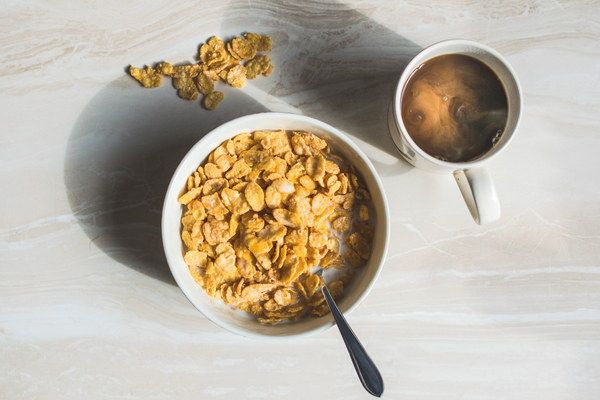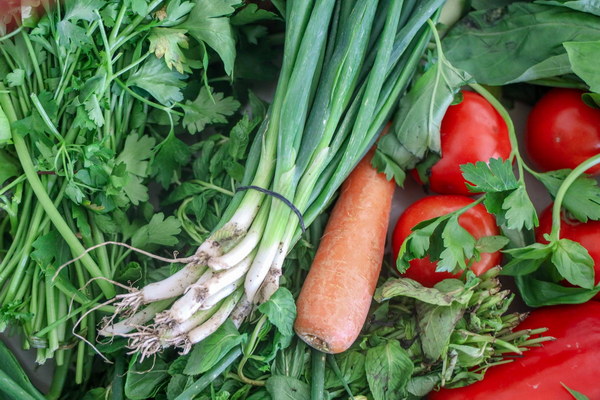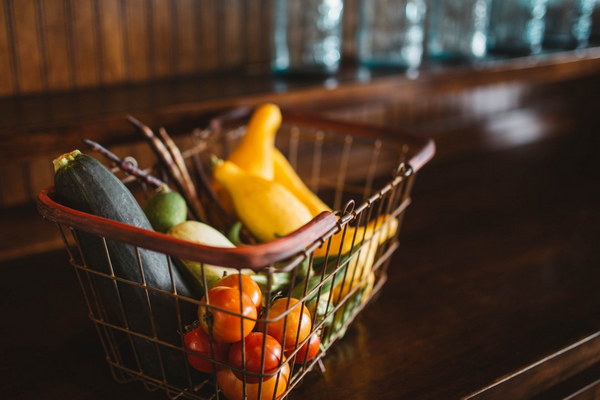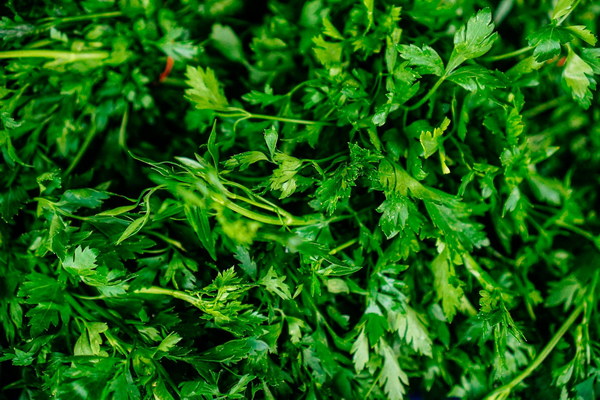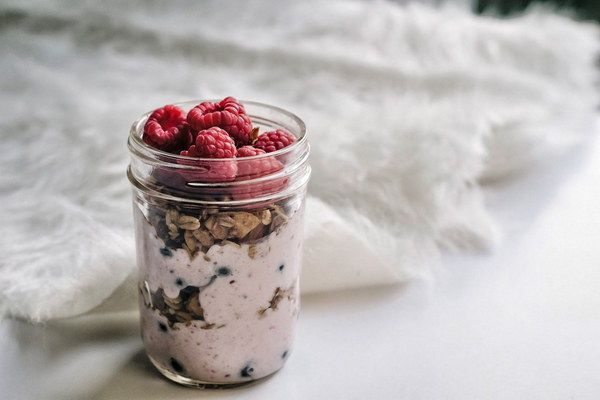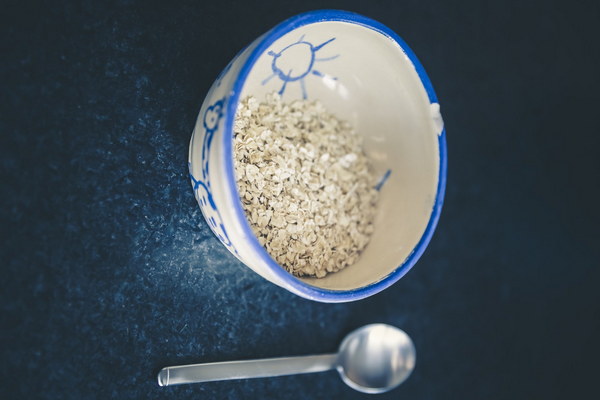Liver Health Discover Which Foods to Limit for Optimal Liver Function
The liver plays a vital role in our body, performing numerous functions such as filtering toxins, producing bile, storing glucose, and breaking down fats. To maintain optimal liver health, it is essential to consume a balanced diet and avoid certain foods that can strain the organ. In this article, we will explore the types of foods you should limit to protect and support your liver.
1. Refined Sugars and High-Fructose Corn Syrup
Refined sugars and high-fructose corn syrup are abundant in processed foods, soft drinks, and sugary snacks. These ingredients can lead to fatty liver disease, a condition where excess fat accumulates in the liver. Excess sugar can also trigger inflammation, which may contribute to liver damage. To maintain liver health, minimize the intake of sugary foods and beverages, and opt for natural sweeteners like honey or maple syrup in moderation.
2. Trans Fats
Trans fats, found in fried foods, baked goods, and processed snacks, are known to increase bad cholesterol levels and promote inflammation. These unhealthy fats can contribute to the development of non-alcoholic fatty liver disease (NAFLD) and other liver-related issues. To protect your liver, avoid foods high in trans fats and opt for healthier cooking oils, such as olive oil or coconut oil.
3. Alcohol
Excessive alcohol consumption is a leading cause of liver disease, including cirrhosis, hepatitis, and liver cancer. To maintain liver health, limit your alcohol intake or abstain altogether. If you choose to drink, do so in moderation, and prioritize low-alcohol beverages like wine or beer over hard liquor.
4. Processed and Red Meat
Processed meats, such as bacon, sausage, and deli meats, are high in saturated fats and nitrates, which can contribute to liver inflammation and increase the risk of NAFLD. Red meat, while not as harmful as processed meats, should also be consumed in moderation. Aim to incorporate more plant-based protein sources, such as legumes, tofu, and fish, into your diet to support liver health.
5. Artificial Food Additives
Many processed foods contain artificial food additives, such as preservatives, colors, and flavors, which can be harmful to the liver. These additives may contribute to inflammation and may also increase the risk of liver disease. To support liver health, choose whole, unprocessed foods whenever possible and avoid foods with a long list of artificial ingredients.
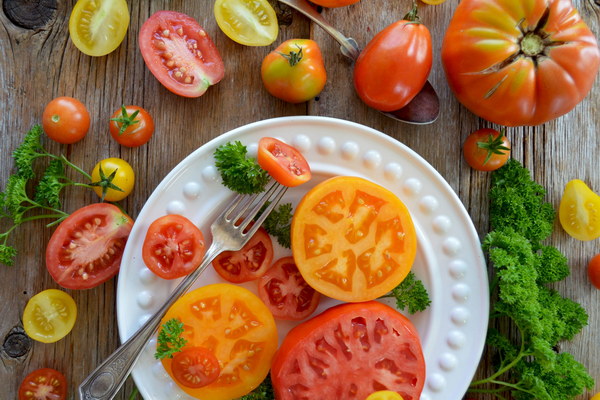
6. Excessive Salt
High salt intake can lead to hypertension, a risk factor for cardiovascular disease and liver disease. Excess salt can also contribute to the development of non-alcoholic steatohepatitis (NASH), a more severe form of NAFLD. To maintain liver health, limit your salt intake and choose low-sodium alternatives, such as herbs and spices, to enhance the flavor of your meals.
7. Deep-Fried Foods
Deep-fried foods are high in unhealthy fats, which can contribute to liver inflammation and the development of NAFLD. To support liver health, reduce the frequency of consuming fried foods and opt for healthier cooking methods, such as baking, grilling, or steaming.
In conclusion, maintaining liver health requires a balanced diet that limits certain foods that can strain the organ. By reducing your intake of refined sugars, trans fats, alcohol, processed and red meat, artificial food additives, excessive salt, and deep-fried foods, you can help protect and support your liver's function. Incorporating a variety of nutrient-rich, whole foods into your diet will further enhance your liver health and contribute to a healthier lifestyle.

